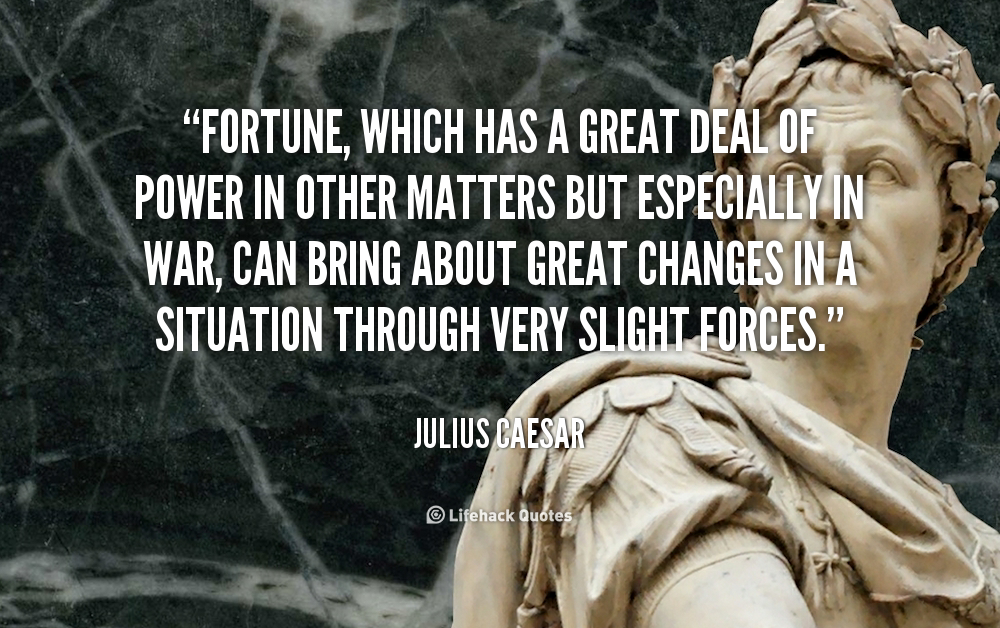
So Brutus’s moral principles end up undermining the purposes for which Cassius recruited him for the conspiracy. However, Brutus’s restraint ends up backfiring, as Antony quickly stirs up popular support and incites civil war in the aftermath of Caesar’s murder, leading to his eventual victory and Brutus’s own death. He reasons that because Antony is simply a “limb” of Caesar, killing Caesar is sufficient to stifle any backlash furthermore, “Our purpose necessary and not envious We shall be called purgers, not murderers.” In other words, in order to remain consistent with their own ethics, the conspirators must do only as much as is necessary to forestall tyranny going beyond that risks making the conspirators tyrannical themselves. Brutus opposes the idea of killing Caesar’s close confidant, Antony, on the grounds that this would make the conspirators mere butchers. This belief also shapes Brutus’s attitudes about the assassination and its aftermath, to Cassius’s frustration.
#JULIUS CAESAR QUOTES 75 V. CHR. FULL#
Later, in private, Brutus recalls his forebears’ expulsion of the “Tarquin,” Rome’s last king: “Shall Rome stand under one man’s awe? O Rome, I make thee promise thou receivest / Thy full petition at the hand of Brutus.” Brutus believes that opposing Caesar is not just a matter of current political expediency, but of maintaining an inherently Roman tradition of preserving greater liberty by resisting the pretensions of the ambitious.

This reasoning works on Brutus even more effectively than Cassius expects-or wants. Cassius uses this argument to sway Brutus not only in the belief that Caesar is too ambitious, but that he, whose “hidden worthiness” rivals Caesar’s alleged godlike status, has a moral obligation to actively oppose it. When Cassius begins manipulating Brutus in the direction of the conspiracy, he appeals to the “shame” of Rome accepting a king: “Rome, thou hast lost the breed of noble bloods! / When went there by an age, since the great flood, / But it was famed with more than with one man?” In this view, it’s not just immoral but “un-Roman” for Rome to be governed by a solitary figure historically, Rome has been distinguished by its elevation of many worthy men. One of the central arguments of the play is that, in the context of ancient Rome, kingship is equated with tyranny. Through Brutus’s moral plight, Shakespeare argues that it’s hardly possible for moral principle and political advancement to coexist one will inevitably undermine the other.īrutus’s principled opposition to monarchy is exploited by more politically ambitious characters like Cassius, who are simply hungry for power. Giving in to Cassius on either of his moral points, then, would have prevented Brutus's ruin, but violated his principles.
#JULIUS CAESAR QUOTES 75 V. CHR. CODE#
Brutus's strict moral code makes no allowance for self-preservation, however, and so he rejects the killing of Antony, and even allows Antony to address the plebeians-a step that wins Antony mass support and proceeds to Brutus’s and the conspirators’ ultimate demise.

The entire play centers around Brutus upholding the truth of two moral statements: First, that monarchy is intrinsically tyrannical and secondly, that killing Caesar, an as-yet-innocent man, is morally acceptable if it prevents Rome from becoming a monarchy. Since the Rome of Julius Caesar is portrayed as the pinnacle of civilization, arguments about Rome’s governance are also arguments about what constitutes an ideal government.


 0 kommentar(er)
0 kommentar(er)
